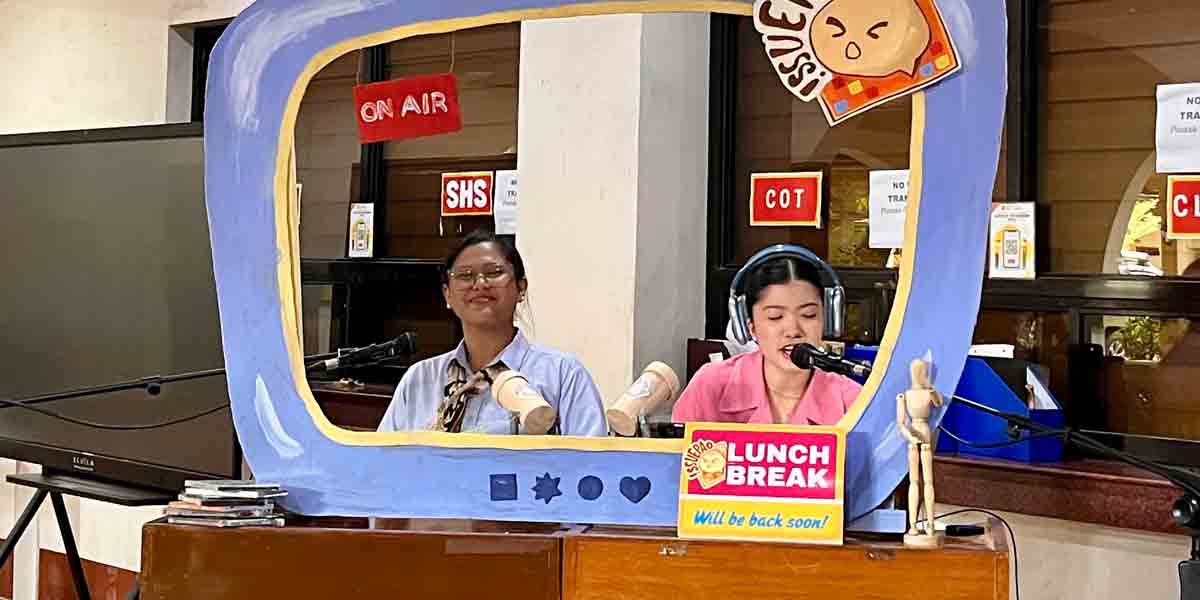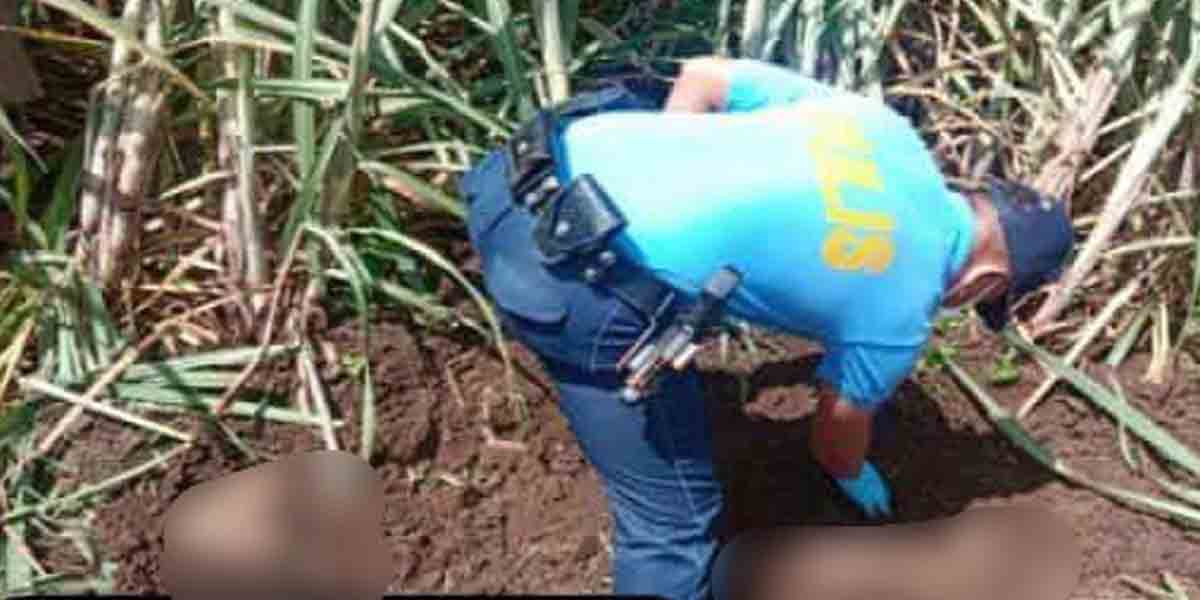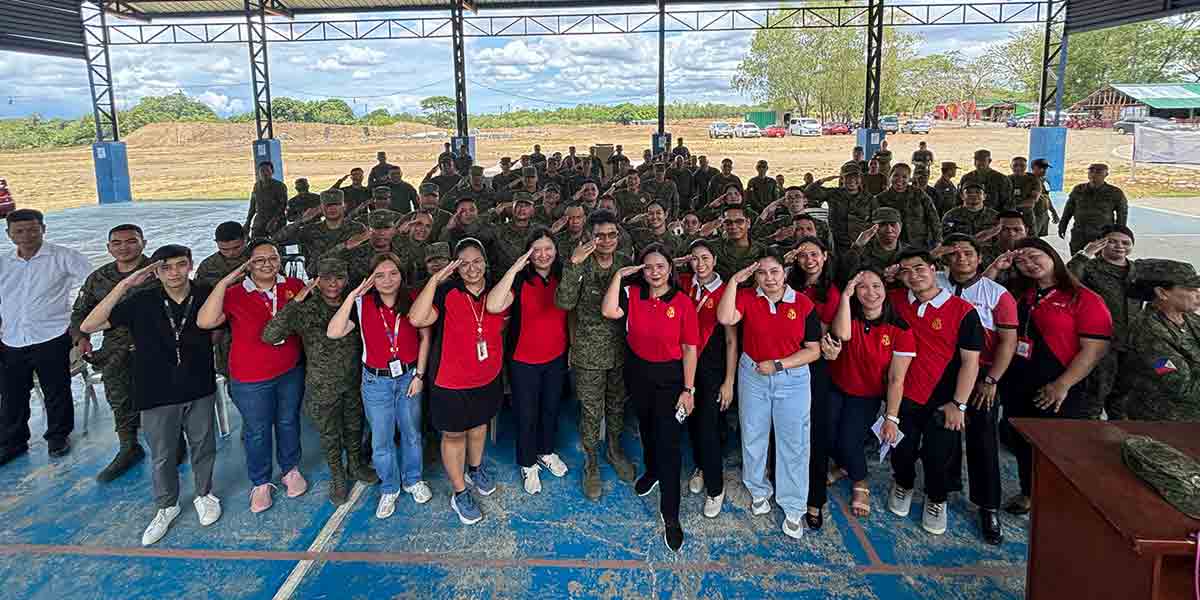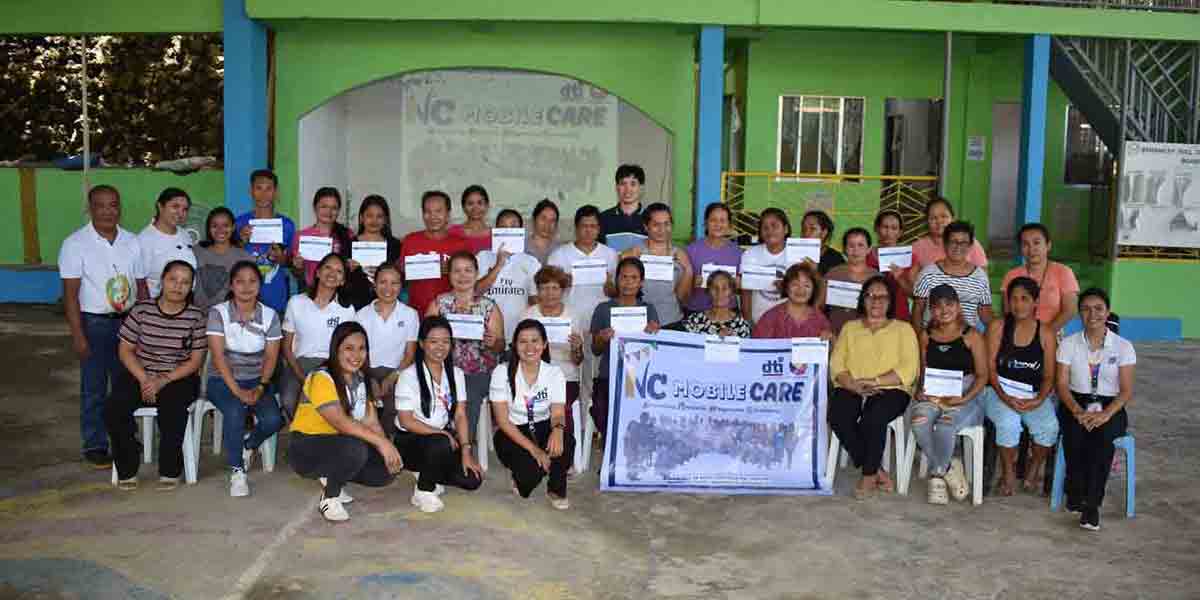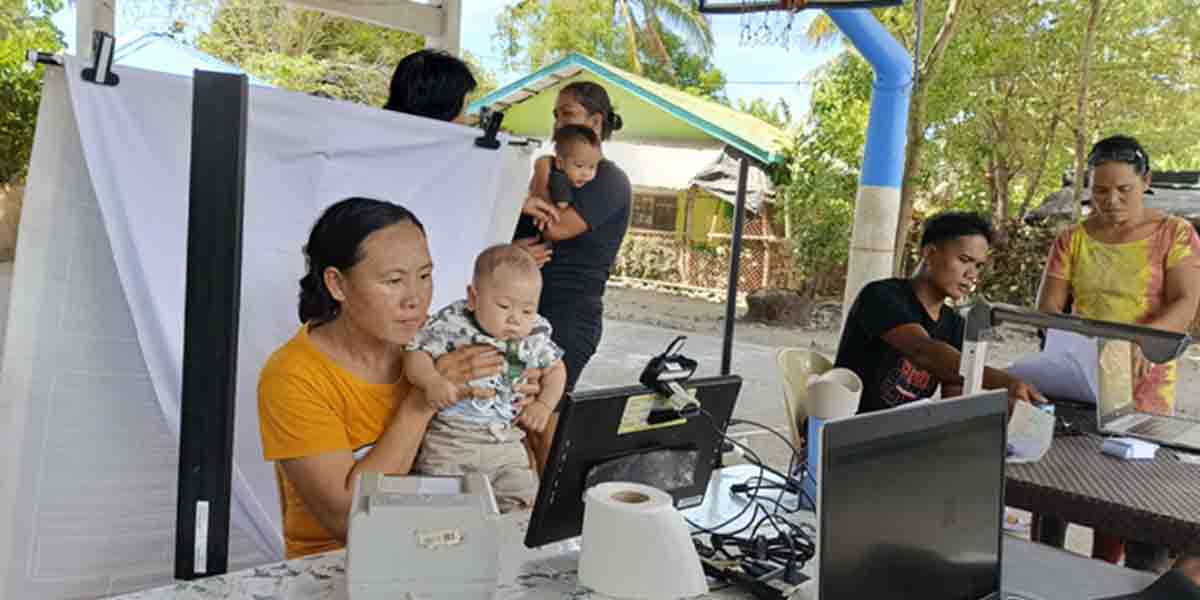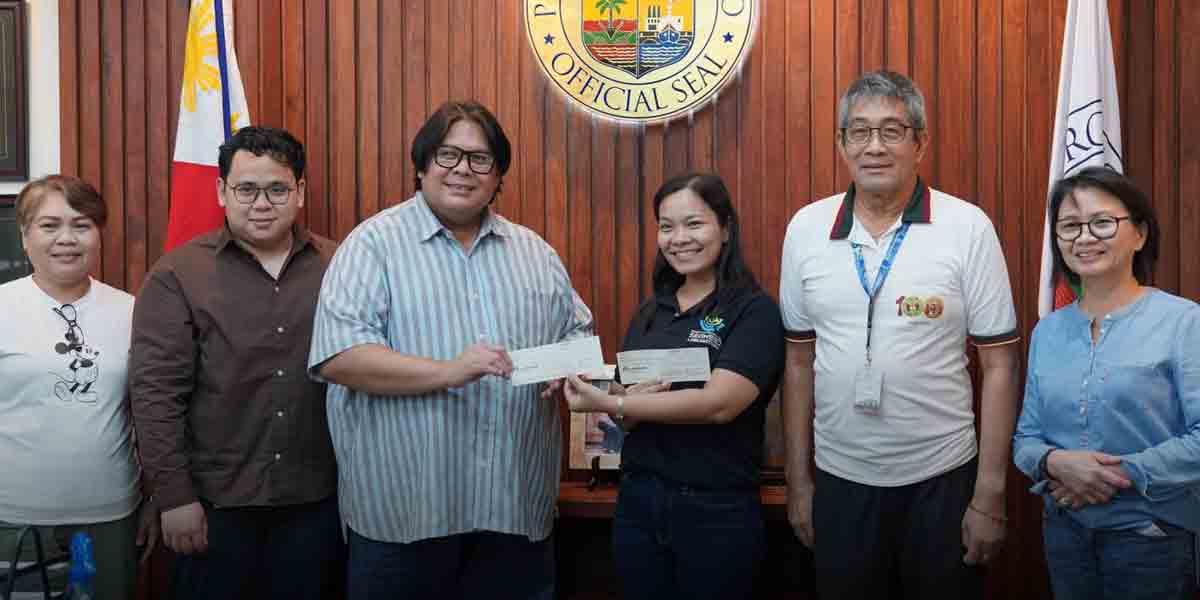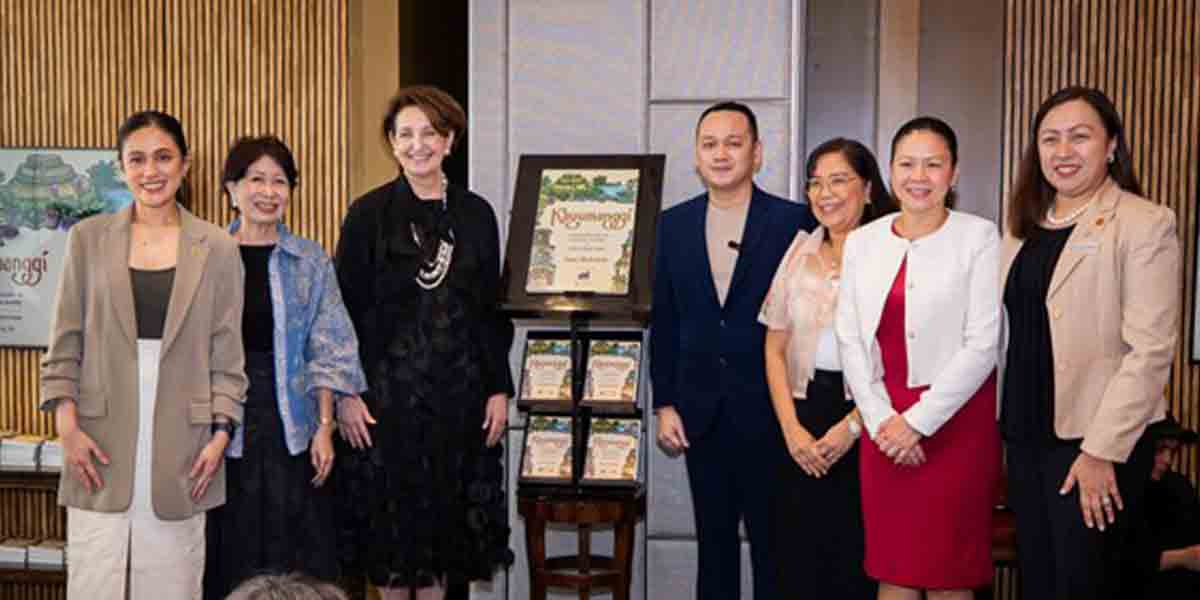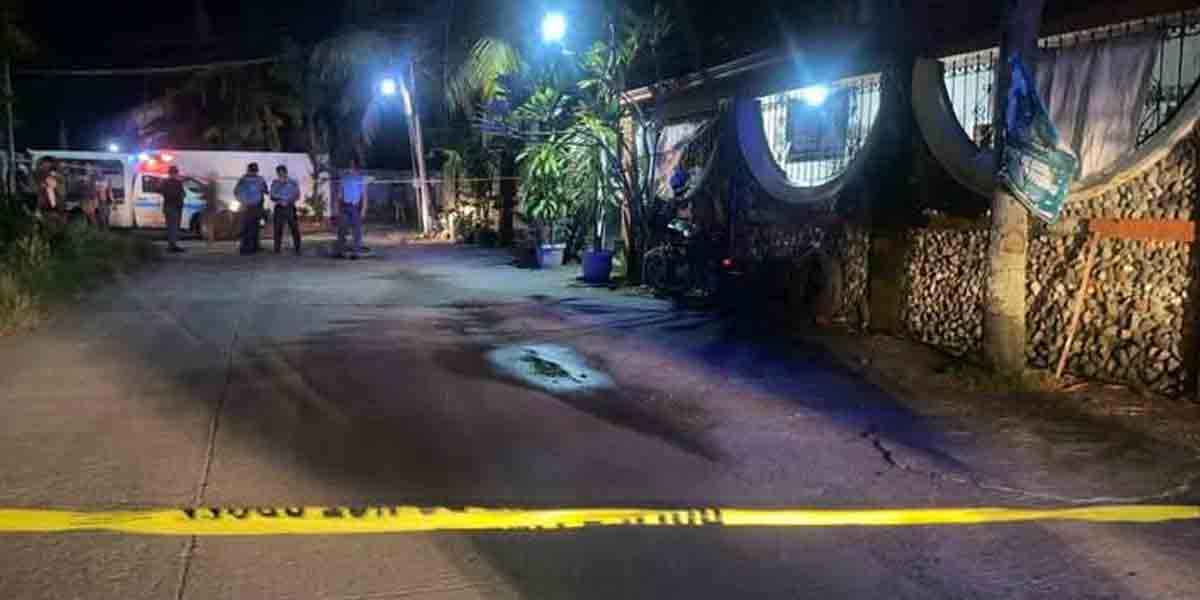
BACOLOD City – Negros Occidental Governor Eugenio Jose Lacson distributed P612,000 worth of financial assistance to senior citizens, daycare workers, displaced workers, and persons with disabilities in the municipality of Cauayan on Monday.
70 senior citizens received P3,000 each for their Social Pension Program benefit for the period January to June 2020 (P500 per month), while 54 daycare workers received P4,000 each as financial subsidy for the months of January to June of this year as well, a report from the capitol’s Public Information Office said.
Also, 10 PWDs also received wheelchairs and P3,000 each that covers the assistance from January to June of this year at P500 per month; while 25 displaced workers also received P5,000 each.
The Social Pension Program is a government assistance of monthly stipend that is aimed to augment daily subsistence and other medical needs of indigent senior citizen.
Joining the governor during the turnover at Cauayan Municipal Gymnasium were Mayor John Rey Tabujara and Vice Mayor Anna Liza Soriano, Executive Assistant to the Governor Marie June Castro, Provincial Social Welfare and Development Office Head, Merle Garcia, Cauayan Social Welfare and Development Officer Leonida Guido and Cauayan Tourism Officer Mark Canobis, among others.
Meanwhile, Lacson and Tabujara also led in the inauguration and turn over ceremony of the “Tiliguman sang Tabianon Bukignon” at Sitio Baslay, Brgy. Talacdan, Cauayan also on Monday.
The project is a tribal hall for the Indigenous Peoples (IPs) living in the sitio led by IP Tribal Leader Rogie Osorio.
The construction of the project was funded through the Korea International Cooperation Agency (KOICA) in collaboration with the municipal government of Cauayan and the provincial government.
It was also made possible through coordination with the Provincial Social Welfare and Development Office (PSWDO) and the National Commission on Indigenous Peoples (NCIP).

